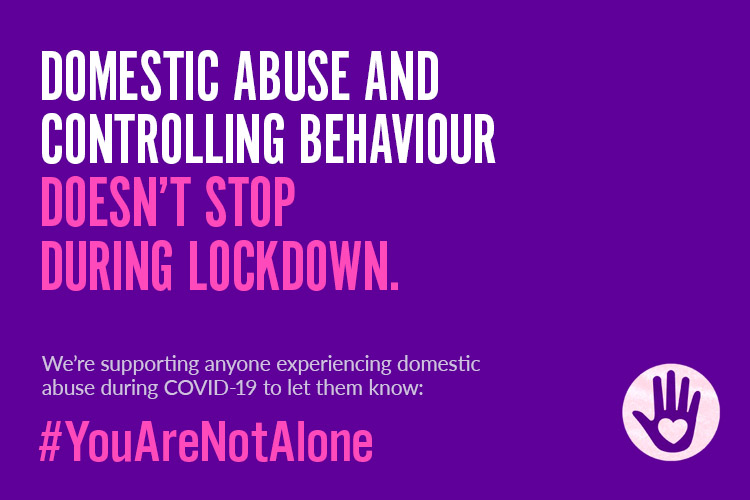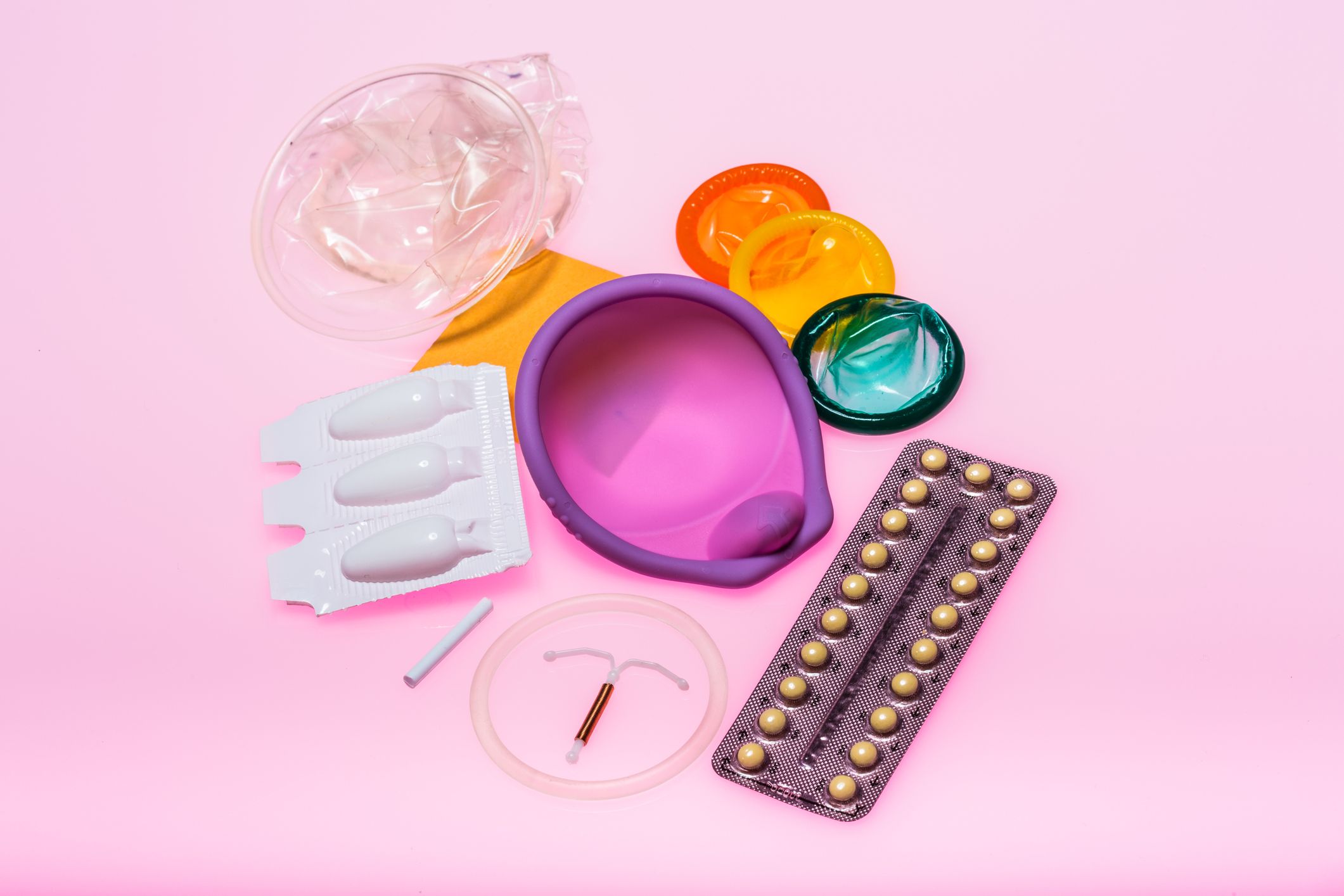Schools are leaving discussions about puberty too late, say experts, as a survey of young people suggests that nearly a quarter (24%) of girls start having periods before the subject is covered in sex and relationships education classes at school. Almost 15% of young people said they were taught nothing at school about menstruation.
The pattern is repeated for boys with 38% experiencing wet dreams before having learnt about them. Over 50% of young people go through school without this aspect of puberty ever being mentioned.
The results are published by the Sex Education Forum in The Puberty Issue, a resource for teachers that aims to counter a national tendency to leave puberty education to the last minute. The resource shows how teachers can help prepare pupils for puberty by treating the topic as an ongoing conversation, instead of a ‘big talk’.
The survey of over 2,000 young people aged 11-25 found that nearly a third of young people (30.4%) did not learn all they needed to at school about how their body changes during puberty – this rose to 46% for young people who identify as transgender, non-binary or other genders.
The Puberty Issue provides teachers with ways of introducing puberty in an age-appropriate fashion. It includes features on:
· The factors that may be contributing to a current increase in early onset puberty in girls.
· How the adolescent brain develops during puberty.
· Using art to express the emotional aspect of puberty
· How a child in every class could start menstruating before leaving primary school, and the practical steps schools can take to support them.
Lucy Emmerson, Coordinator of the Sex Education Forum said:
‘A question at the heart of many children’s feelings about puberty is ‘am I normal?’ and too often this goes unanswered at school and home. Leaving education about puberty too late can cause unnecessary fear and confusion, and is a failure to prepare children for adult life. With spring around the corner, we hope that schools will take the opportunity to talk to children about how things are growing and changing in the world around them, and how puberty is a natural part of life.’
The Puberty Issue is now available via the Sex Education Forum.



